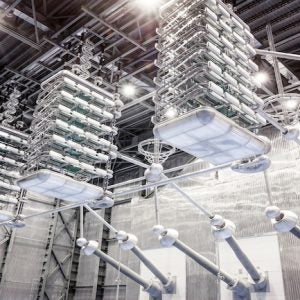France’s prime minister Jean-Marc Ayrault has signed a decree that authorises the ITER Organisation to create a basic nuclear installation (INB) namely the ITER fusion reactor. This milestone, which effectively clears the way to go forward with ITER construction, comes after 30 months of rigorous scrutiny of safety and environmental issues by the French nuclear regulator.
Back in March 2010, the 6000-page Demande d’autorisation de création (or DAC files) for ITER were submitted to French authorities and have since undergone thorough examination by the French Nuclear Safety Authority (ASN), environmental authorities and groups of independent experts.
A Public Enquiry was held between 15 June and 4 August 2011, allowing the public to express its opinion on the project. On 9 September, the Public Enquiry Commission issued a favourable Advisory Opinion for the pursuit of the licensing procedure. Then on 10 November the Journal Officiel de la République Française published the decree that authorizes the ITER Organisation to create the Installation in Saint-Paul-lez-Durance, France.
With the announcement, ITER becomes the first nuclear installation in France to observe the stringent requirements of the 2006 French law on Nuclear Transparency and Security. It is also the first time in worldwide history that a nuclear fusion device has undergone scrutiny by a nuclear regulator to obtain licensing.
“We never doubted the validity of our project,” stated Osamu Motojima, the director-general of the ITER Organisation. “ITER safety has now been confirmed by a large body of outside, independent experts. This is indeed a great day for ITER.”






